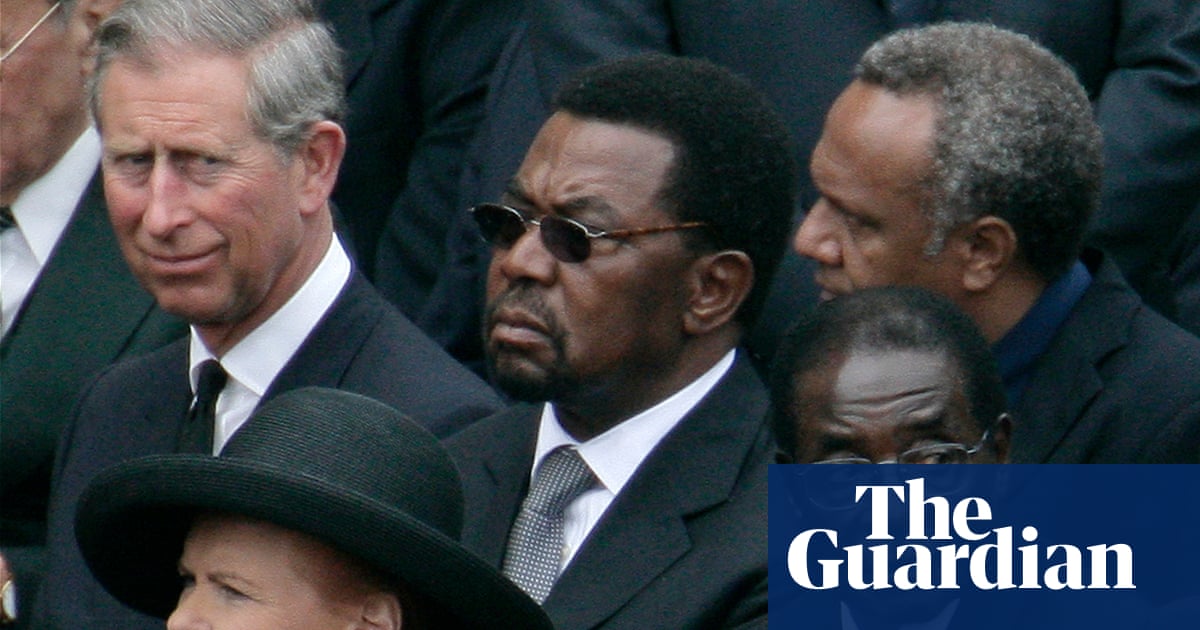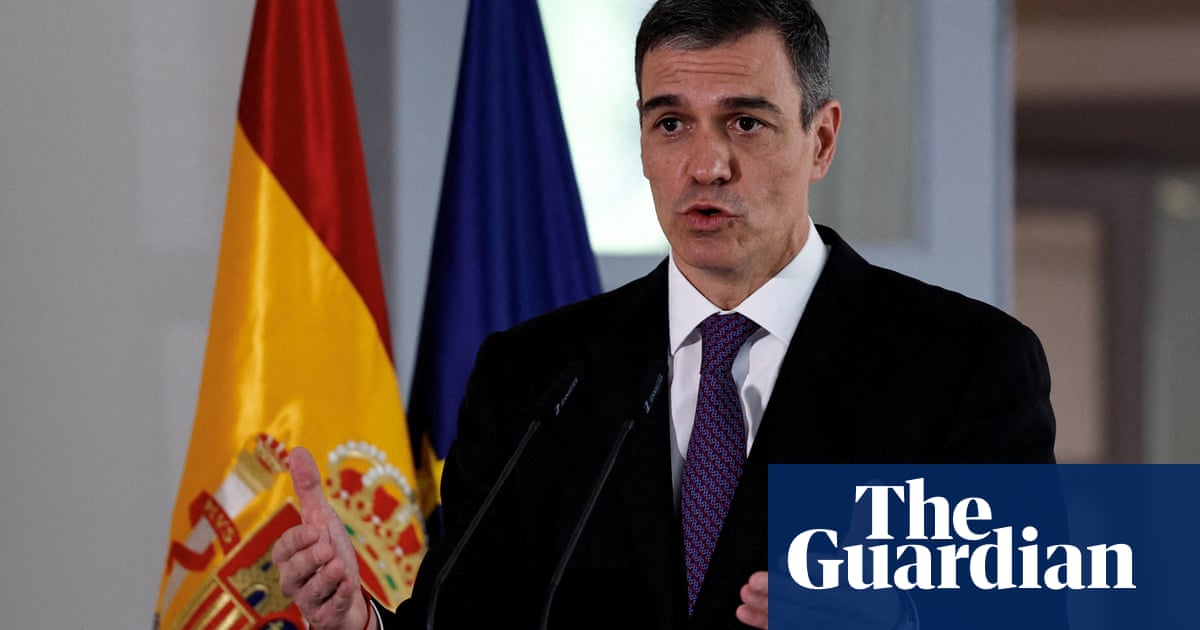Donald Trump’s newly appointed defence secretary told allies on his first international trip that the US was no longer “primarily focused” on European security and that Europe would have to take the lead in defending Ukraine.
Pete Hegseth, speaking to defence ministers at a lunchtime meeting in Brussels, said Europe had to provide “the overwhelming share” of future military aid to Kyiv – and recognise that restoring Ukraine’s pre-2014 borders was unrealistic.
The Pentagon chief said he was “here today to directly and unambiguously express that stark strategic realities prevent the United States of America from being primarily focused on the security of Europe”, though the language was notably toned down from a draft briefed in advance to the press.
That had said the US was no longer “the primary guarantor of security in Europe” and appeared to suggest a recasting of the 75-year-old Nato alliance, created after the second world war to protect western Europe from the Soviet bloc.
But in a speech to the Ukraine contact group of defence ministers in Brussels, chaired by the UK’s defence secretary, John Healey, he softened the language – a day before he is due to attend his first Nato summit of defence ministers.
Hegseth said the US was shifting its military priorities to defending its homeland and deterring China, and he called on European Nato members to hike defence budgets to 5% of GDP to better defend the continent.
As an example, Hegseth said Europe “must provide the overwhelming share of future lethal and nonlethal aid to Ukraine” in the future – though he did not say the US would halt all its military aid, which has been critical in helping Kyiv resist the Russian invasion.
He also reiterated Trump’s position that “stopping the fighting and reaching an enduring peace” in Ukraine is a top priority – and that Kyiv must recognise that it cannot win back all the land occupied by Russia.
“We must start by recognising that returning to Ukraine’s pre-2014 borders is an unrealistic objective,” Hegseth said, sketching out an initial position for any peace negotiations with Russia.
“Chasing this illusory goal will only prolong the war and cause more suffering,” he added, though this could be interpreted as effectively acknowledging the annexation of Crimea, and large parts of the Donbas by Russia.
Kyiv would only achieve peace through “robust security guarantees”, but Hegseth ruled out Nato membership for Ukraine. Instead, peace would have to be secured by “capable European and non-European troops”, who he stressed would not come from the US.
Any British or European troops who did end up deployed in Ukraine would not be covered by part of a Nato mission or covered by the alliance’s article 5 guarantee, Hegseth added, meaning they would in effect be reliant on help from participating states.
Though Hegseth set out some positions for achieving peace in Ukraine, few experts believe there has been any serious diplomatic progress. Russia, which has been gaining ground on the battlefield, remains keen to press home its advantage and has demanded that Ukraine cede further territory and effectively be demilitarised as part of a deal.
Earlier this week, Ukraine’s president, Volodymyr Zelenskyy, told the Guardian that Europe was not able to offer resilient security guarantees to Kyiv without the involvement of the US. “Security guarantees without America are not real,” he said.
A multinational deterrence force based in Ukraine after a ceasefire would need to be 100,000- to 150,000-strong, Zelenskyy said, though that would be far smaller than the 600,000-plus Russian troops in occupied Ukraine.
after newsletter promotion
With many European militaries, including the UK, facing recruitment difficulties, it is not clear if it would be possible to constitute a force of that size without US involvement.
Departing from a pre-prepared text, Hegseth also emphasised that the US wanted to Nato allies spend 5% of their GDP on defence, and praised Poland for reaching this level. That would mean a doubling for the UK of defence spending – its budget is currently 2.33% of GDP.
Hegseth explained that the shift away from Europe was necessary because the US “faces consequential threats to our homeland” and was focused on border security. At the same time, he added: “We also face a peer competitor in the communist Chinese” able to threaten the American mainland and “core national interests in the Indo-Pacific”.
“The US is prioritising deterring war with China in the Pacific, recognising the reality of scarcity, and making the resourcing trade-offs to ensure deterrence does not fail. As the United States shifts its attention to these threats, European allies must lead from the front,” he added.
Hegseth’s positioning reflects priorities repeatedly stated by the US president that Europe must increase defence budgets and contribute to its own security, though they fall short of saying the US would not protect a Nato member if attacked.
Nato’s article 5 states that if one member state comes under attack, others have to be prepared to come to its aid. It has only been invoked once in the alliance’s history, when the US was attacked on 9/11.

.png) 2 months ago
26
2 months ago
26













































